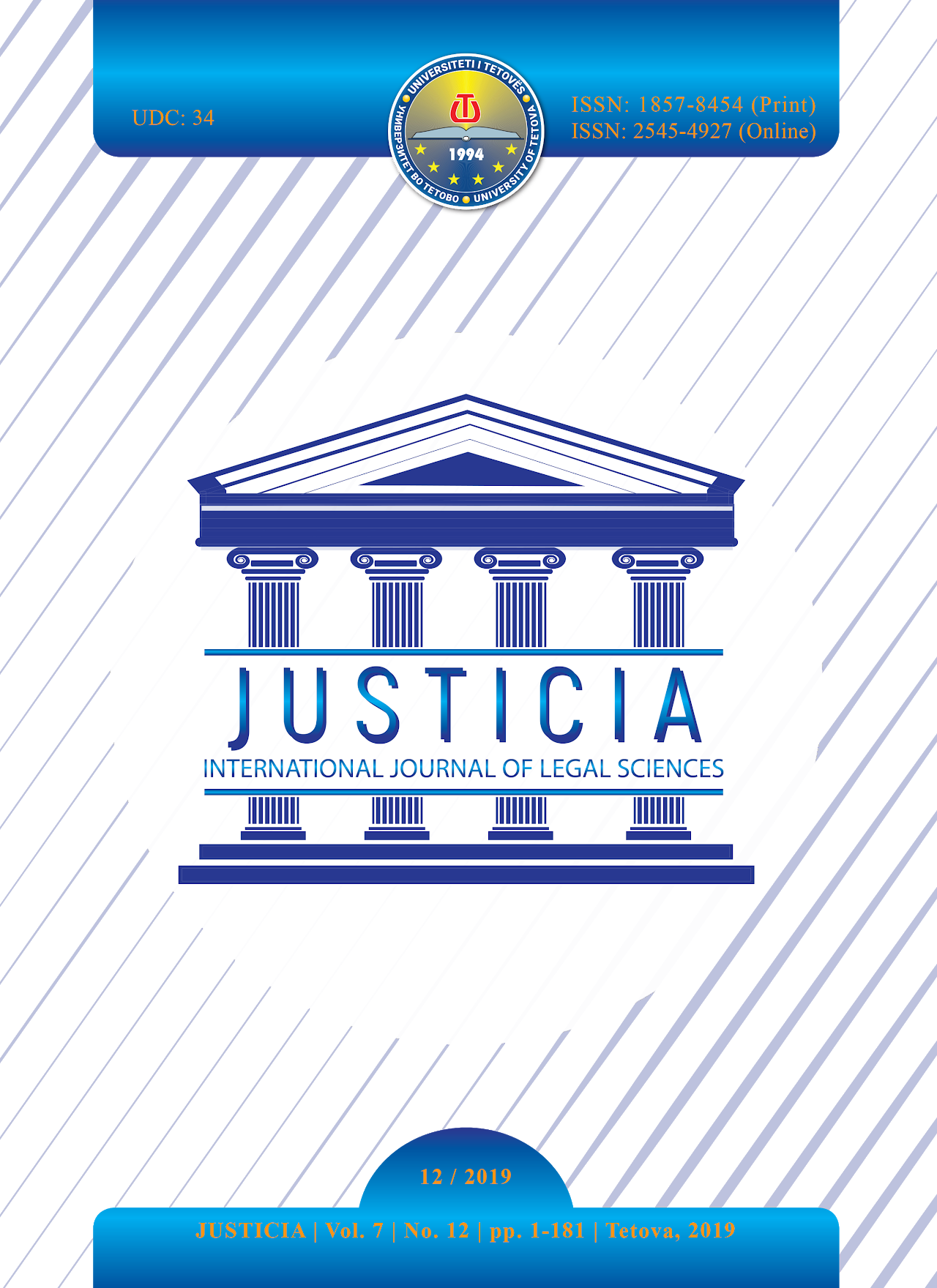PRESIDENTIAL ELECTIONS IN DIFFERENT STATES (COMPARISONS)
PRESIDENTIAL ELECTIONS IN DIFFERENT STATES (COMPARISONS)
Author(s): Jusuf ZejneliSubject(s): Social Sciences, Law, Constitution, Jurisprudence
Published by: University of Tetova
Keywords: President;election code;comparison;responsibility and legitimacy;
Summary/Abstract: One of the main constitutional institutions is the President of the state, whose election are defined with the highest judicial act, the Constitution of the state, along with the other judicial acts. There are different ways and procedures for electing the president in different states, and these differences are seen in the organ and the procedure through which the president is elected, the majority threshold, the mandate and its competences. It is of crucial importance that this be examined in the different states with presidential, semi-presidential and parliamentarian system. In the same time, the legitimacy of the presidential institution depends on the majority that is needed for the election of and the institution (the parliament, a particular organ or directly from the citizens) that elects the president. This study shall analyse the overall process of presidential elections in different states and shall draw conclusions which way could be more appropriate and more efficient for the election of the president and the process of exercising its mandate, having in mind that this is a crucial constitutional institution, that has an emphasized role in the functioning of the judicial system of the different states.
Journal: JUSTICIA – International Journal of Legal Sciences
- Issue Year: 7/2019
- Issue No: 12
- Page Range: 94 - 103
- Page Count: 10
- Language: English

